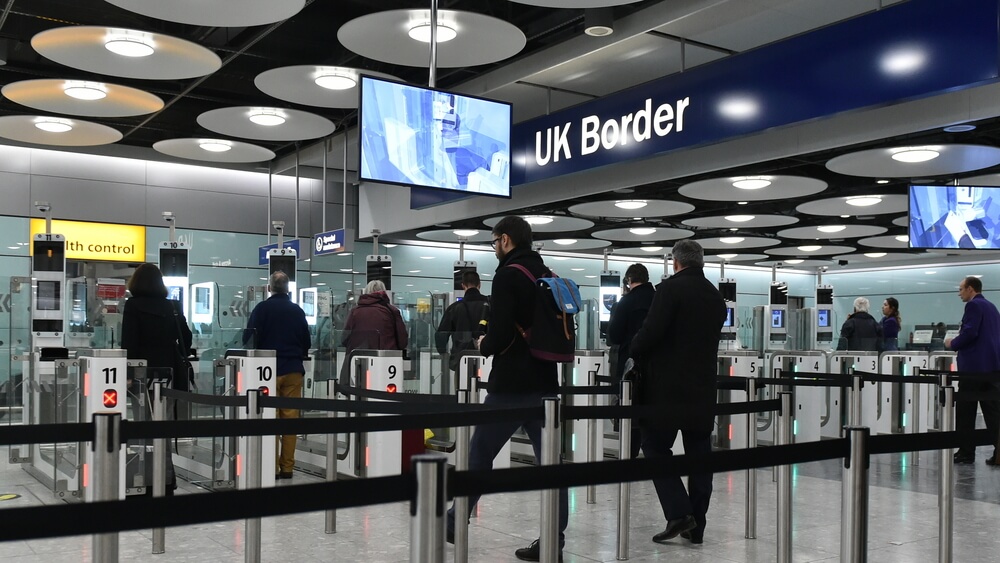On 3 November 2016, the Home Office announced that a series of changes to the Immigration Rules will come into effect on 24 November 2016. Many of these changes were announced earlier in the year so the content of the changes hasn’t come as a surprise. A summary of the key changes is set out below.
Tier 2
The most significant change to the rules relating to Tier 2 applicants is that the minimum salary that must be paid to those workers has increased substantially and will increase again in April next year. These salary increases are part of the Government’s continued attempts to reduce net migration figures by making it more expensive, and less attractive, for UK companies to employ migrant workers.
Applicants under Tier 2 (General) must have a job offer from a UK company which is skilled to at least degree level and be paid at least a specified salary, based on the industry average for their role. While different occupations have different salary requirements, the Home Office has also set a minimum salary that must be paid to all applicants. Previously this was set at £20,800 but from 24 November 2016 workers must be paid at least £25,000 unless they are aged under 26 or are switching into Tier 2 from a Tier 4 student visa. From April 2017 this minimum salary will increase further to £30,000.
These salary increases are part of the Government’s continued attempts to reduce net migration figures by making it more expensive, and less attractive, for UK companies to employ migrant workers.
As has previously been announced the Immigration Skills Charge will be introduced in April 2017. This is an additional fee of £1,000 per person per year of leave included in an application for large employers and £364 for small companies or charitable organisations. It is likely that this entire fee will need to be paid upfront at the time of the application. Therefore migrants whose leave expires in the middle of next year would be well advised to submit an extension application prior to April to avoid this additional fee. PhD level jobs and graduates switching from Tier 4 to Tier 2 will be exempt from the charge.
Priority Service for Sponsors
The Home Office has announced that a priority service for certain functions on the Sponsor Management System will be introduced. This will mean that for a fee of £200 certain requests will be dealt with within 5 working days rather than the standard 18 week processing period. The Priority Service will be available for the following requests: adding a Level 1 user; replacing the Authorising Officer; and requesting unrestricted Certificates of Sponsorship.
This service should be introduced imminently although the Home Office has not advised of an exact date.
Family Applications
Currently applicants for leave to enter or remain in the UK as a family member of a British citizen or settled person must demonstrate that their English language ability is equivalent to at least level A1 of the Common European Framework References for Languages (CEFR) meaning an individual has ‘a basic ability to communicate and exchange information in a simple way’. From 24 November 2016 all applicants applying for an extension of leave in this category must demonstrate a higher standard of English language ability, equivalent to Level A2 of the CEFR meaning an ‘ability to deal with simple straightforward information and begin to express oneself in familiar contexts’.
Timing of applications
If a migrant remains in the UK past the expiry of their leave to enter or remain in the UK without submitting an extension application they will be an overstayer, which means that they are an illegal immigrant. The provision in the Immigration Rules that allowed the Home Office to disregard a period of overstaying of less than 28 days has been abolished meaning that out of time application will now fall for refusal. The only exception to this rule is where there is a “good reason beyond the control of the applicant or their representative, given in or with the application, why an in-time application could not be made” and the application is made within 14 days of the expiry of leave. While a ‘good reason’ is not defined it is likely that ignorance as to the date of expiry of leave will not be sufficient.
Permanent Residence Card Applications
Until such time as the UK leaves the single market EEA nationals continue to enjoy full freedom of movement rights and will continue to acquire a right of Permanent Residence following a continuous five year period of residence in the UK exercising Treaty Rights. The best advice to EEA nationals who have acquired a right of Permanent Residence is to apply for a Permanent Residence Card to evidence this right.
As an original passport or national ID card must be submitted with the application a number of EEA nationals have been reluctant to submit an application as it means being without their passport for up to six months. The Home Office has, however, introduced a ‘passport back’ service in conjunction with a number of Local Authorities. This new service means that participating Local Authority offices will take a certified copy of an applicant’s passport and send that copy, along with the application form and supporting documents, directly to the Home Office so enabling applicants to travel while the application is in progress. This scheme is currently available to EEA nationals only, not to third country national family members.
For further information relating to applications under the Immigration Rules or European or nationality law, please contact Danielle Ramdel or Clare Taylor.







